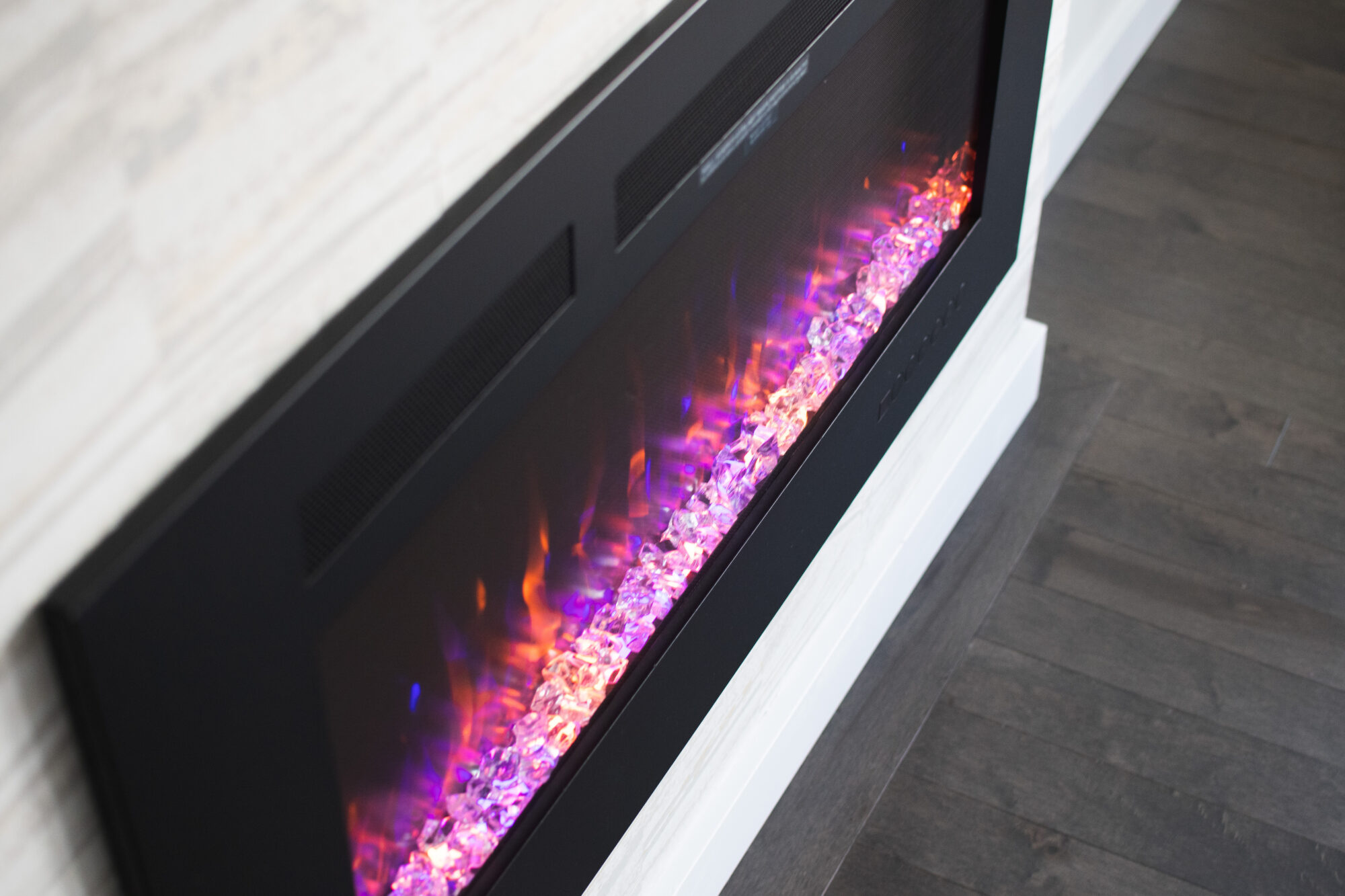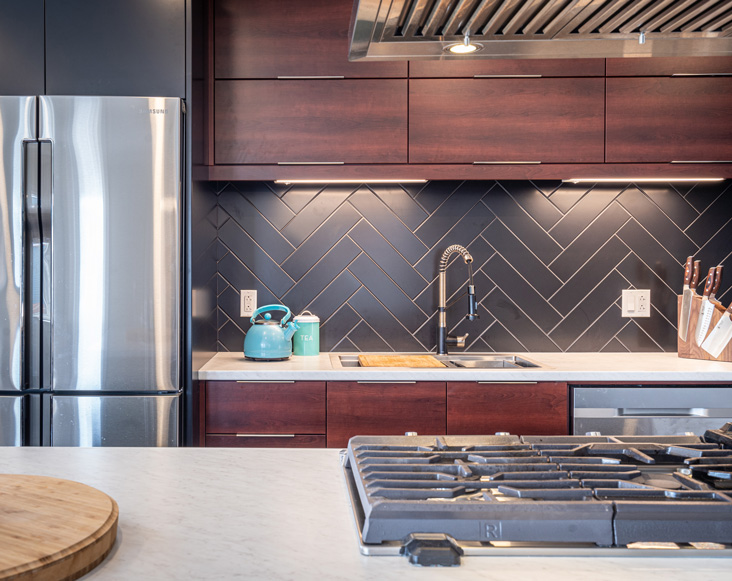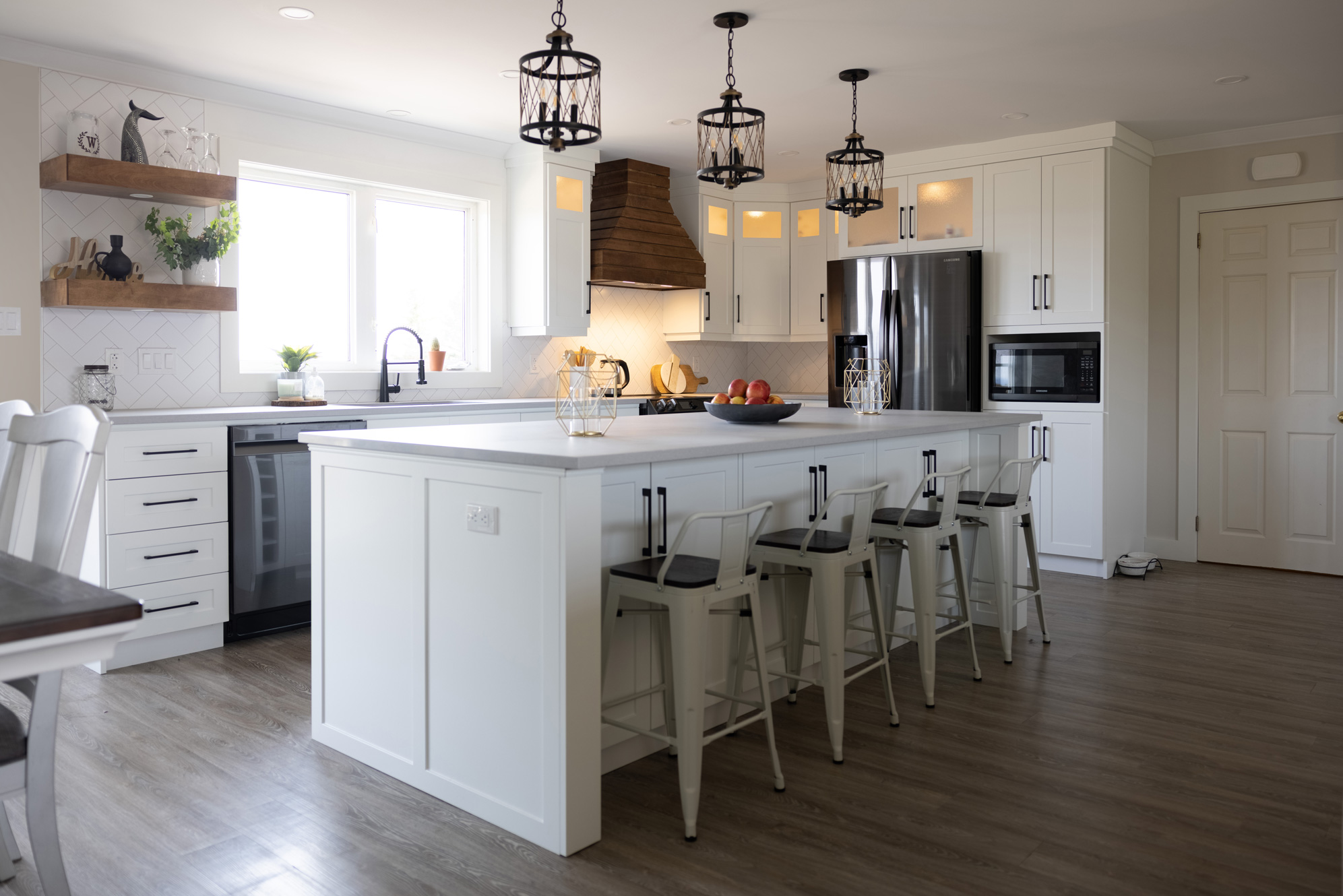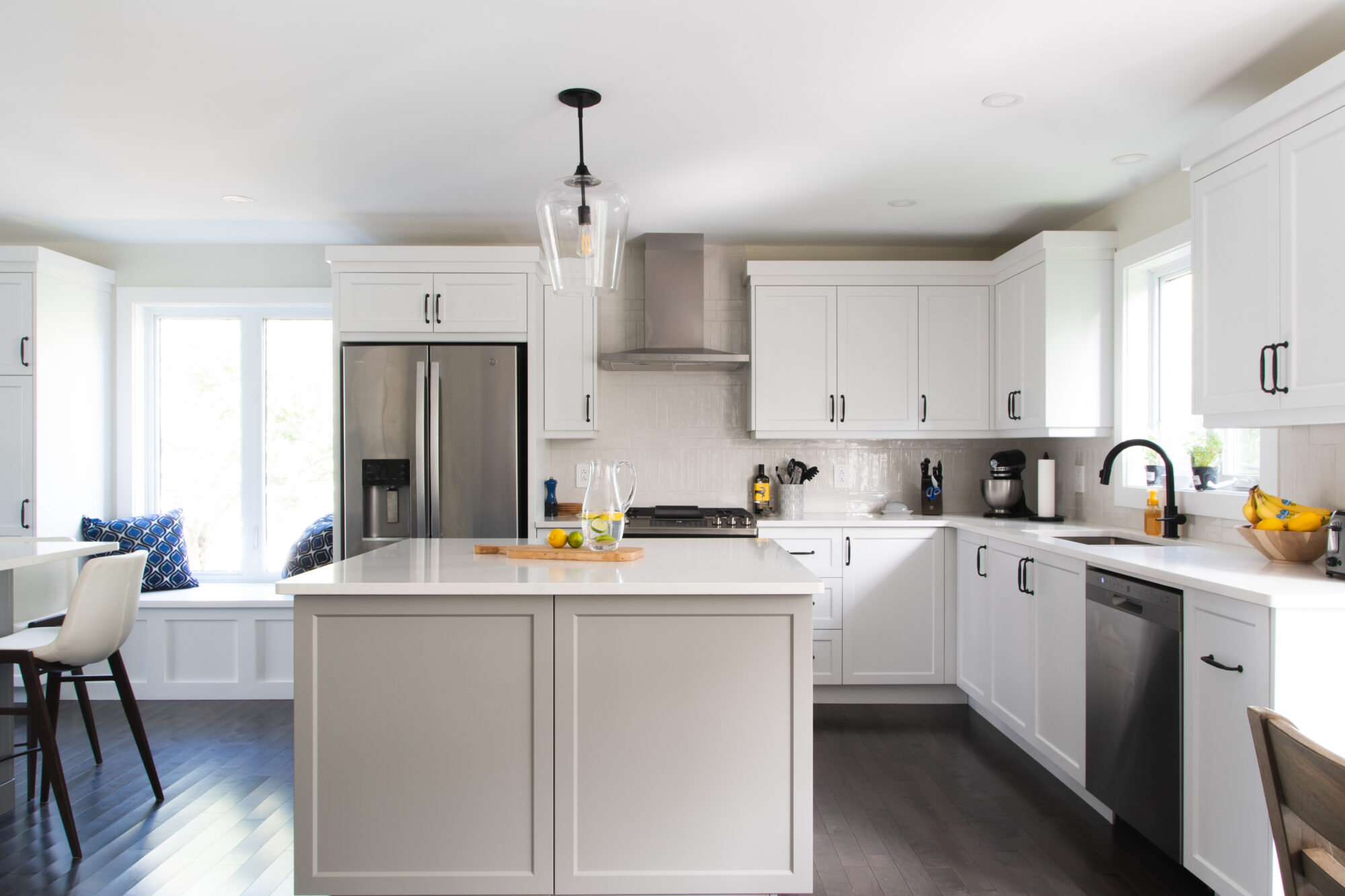Now that the weather is cooling off and our harsh winter weather is coming, it is a great time to have a look at giving your home a maintenance check. Keeping up with the maintenance on your home can save you money in the long run.
Roof:Give your roof a visual inspection from the ground. You want to look for missing or loose shingles, curling on the edges of shingles, and cracks in roofing cement- especially around chimneys. If you note any of these conditions, or if it has been 20 years or more since you re-shingled your roof, you may want to have a professional take a look.
Siding: Look for cracked, loose, or missing pieces of siding. If you have wood siding, look for cracks in caulking or between joins. For vinyl siding, check for cracked caulking, damaged pieces, and for areas that may have loosened up from the wind. Any damaged or loose pieces should be replaced as soon as possible to avoid further damage to the remaining siding. Your siding is your first level of protection from the elements- make sure it is properly sealed.
Eavestrough and downspouts: This is a maintenance area that frequently gets neglected. Trough should be free from leaves and debris in order to work efficiently. It should be cleaned at least twice a year- once in the spring and once in the fall before winter, especially if you live in a heavily treed area. Trough blocked with leaves and debris will prevent the water from flowing, which can cause the build-up of ice/ snow near the eaves. Downspouts should also be inspected for breaks, leaks and loose straps. They should be diverting water away from your foundation.
Windows and Doors: Check windows and doors for cracked caulking around the perimeter, and also check for glass with broken seals. Once the seal has been broken, you will see condensation build up between the two panes of glass, which means the window has lost its efficiency. If you have wood framed windows or doors, inspect for peeling paint, and rot in the wood. Broken seals, rotten wood and cracked caulking are a good sign of water infiltration. If your windows or doors are showing signs like this, it may be time to call in a professional to determine if they should be replaced.
Patio Decks, Steps and Landings: Inspect for loose handrails and guardrails, rotten wood, and general sturdiness. If it has been painted or stained, check for loose or peeling paint- it might be time for another coat, so the wood is protected from the elements. Decks that have been fastened to the house should be checked where they join. Make sure the caulking in that area is well sealed- this is an area that is prone to leaking if it’s not done correctly.
Foundation: It is critical that your foundation be well cared for. You are looking for cracks or deterioration in the foundation wall on the outside. If you have an unfinished basement, you may want to inspect your foundation from the inside as well. Very small hairline cracks are relatively common but should be sealed from the outside using a high-quality exterior caulking to prevent further damage. Large cracks, or excessive deterioration of the concrete should be taken very seriously and should be checked by a professional to repair those areas.
HVAC System/ Furnace: Your HVAC (Heating, Ventilation, and Air Conditioning) system or HRV (Heat Recovery Ventilator) are basically the lungs of your house. It is important to make sure the filters inside the unit are kept clean. Filters should be removed and cleaned according to manufacturer specifications. Typically, every 3 months they will need to be cleaned to ensure good air quality. Instead of a HRV you may have a furnace, in which case you will need to have a qualified furnace technician inspect and clean the unit periodically.
Indoor maintenance: Now is a good time to give your home an inspection indoors, as you will likely be spending a large amount of time indoors over the next few months. Look for items like leaky faucets, loose door handles, cracked caulking around showers and tubs, and squeaky door hinges. Most of these items are relatively easy to remedy without the help of a professional, but if you are unsure on something it’s always better to ask. Some things are better left for the professionals to handle.




